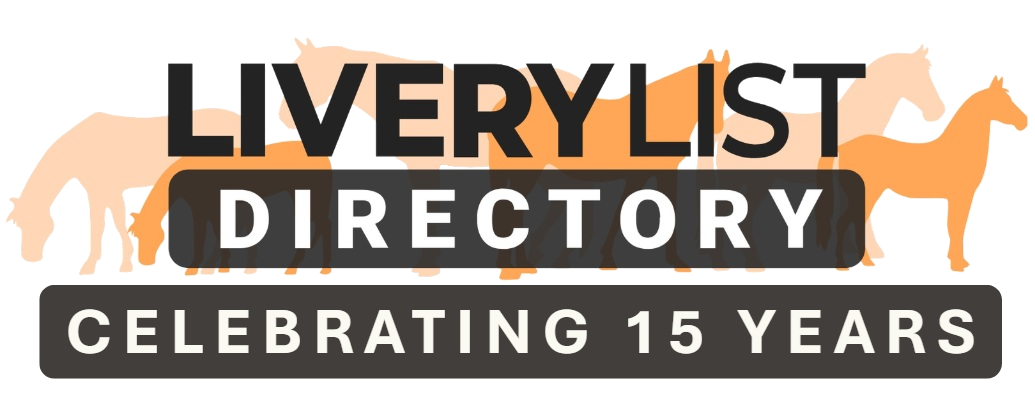Last September, British Equestrian , working with member bodies The British Horse Society, the Association of British Riding Schools (ABRS+), The Pony Club , Riding for the Disabled Association (RDA) and horsescotland, announced that Britain’s riding centres were facing a supply and demand dilemma. Twelve months on, according to a recent repeat of the survey, there has been little change and workforce shortages and increasing operational costs are significantly hindering any opportunity to improve.
The headline findings of the ‘Health of Riding Establishments’ research conducted in 2022 concluded that the sector was operating in a ‘supply and demand predicament’, with most centres operating at an average capacity of 75%. This spring, the survey was repeated in order to measure any change and to also delve deeper into current challenges.
British Equestrian and the wider federation are committed to continuing their collaboration on improving the support they offer to equestrian establishments. A great deal has been achieved following the 2022 survey, when six key action areas were identified:
- Workforce
- Horsepower
- Licencing
- Capacity demands
- Growth
- Rising costs
Earlier in 2023, The British Horse Society launched a ‘Keep Britain Riding’ campaign to highlight the issue. Their research detailed that 15% of Britain’s riding schools have closed since 2018, which equates to 1.5 million riding lessons lost every year. Addressing the workforce shortage, both paid and volunteer, is a key factor and the British Grooms Association (BGA), together with with Equestrian Employers Association (EEA), has joined the federation’s working group to add their expertise.
Despite the numerous challenges, there is optimism in the sector – 61% of centres stated that they have a positive outlook for the future of their establishment. Many are working on ways to engage with their waiting lists and seeking to expanding their offering, with around 29% of delivery time now dedicated to off-horse activities to reduce the requirement for coaches and, indeed, horses. Livery services, horse care sessions, ‘pony parties’ and equine-assisted services are just a selection of ways that centres are making additional income.
